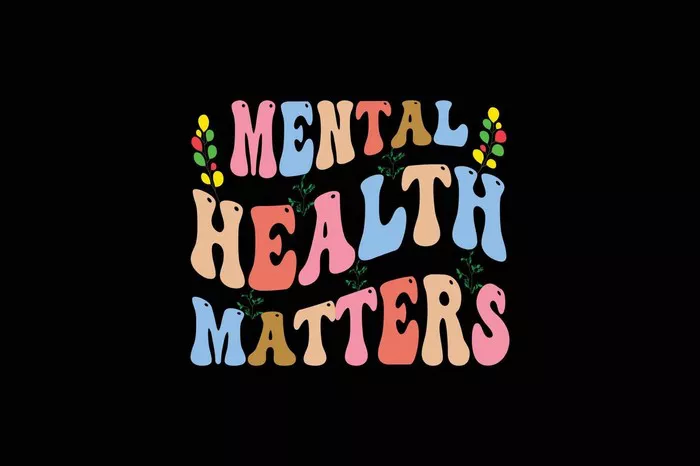Recent clinical trials have demonstrated significant progress in the use of psychedelic-assisted therapy for individuals with treatment-resistant depression (TRD). A study published in The New England Journal of Medicine revealed that psilocybin, the active compound in magic mushrooms, when administered in controlled settings with professional psychotherapy, led to remarkable remission rates in patients who had previously failed to respond to conventional antidepressants.
The trial involved 200 participants across multiple research centers, with half receiving a single high dose of psilocybin alongside psychological support, while the other half were given a placebo along with standard cognitive behavioral therapy (CBT). After six weeks, nearly 45% of the psilocybin group showed a complete absence of depressive symptoms, compared to only 10% in the placebo group. Follow-up assessments at three and six months indicated sustained benefits for many participants, suggesting that the treatment could offer long-term relief rather than temporary symptom management.
Experts attribute these effects to psilocybin’s ability to promote neuroplasticity—essentially rewiring the brain’s neural pathways associated with mood regulation. Unlike traditional antidepressants, which often take weeks to show effects and primarily target serotonin levels, psilocybin appears to facilitate profound psychological insights and emotional release during therapy sessions. Patients reported experiencing heightened introspection, reduced fear of death, and a renewed sense of purpose, all of which contributed to their recovery.
Despite these promising results, researchers caution that psychedelic therapy is not without risks. Some participants experienced transient anxiety, confusion, or temporary increases in blood pressure during sessions. Additionally, the treatment requires strict medical supervision to prevent misuse and ensure patient safety. Regulatory bodies like the FDA are currently reviewing applications to approve psilocybin for clinical use, with some countries, such as Australia, already permitting its prescription under specific conditions.
If widely adopted, psychedelic-assisted therapy could revolutionize mental health care, offering hope to millions who have exhausted other treatment options. However, challenges remain, including stigma, legal barriers, and the need for trained therapists to administer the treatment safely. Advocates argue that expanding access while maintaining rigorous standards will be key to integrating psychedelics into mainstream psychiatry.
You Might Be Interested In:
- The Role of Gut Microbiome in BPD: A New Frontier in Research
- Emerging Psychotherapies Show Promise for Treatment-Resistant BPD
- Cognitive Behavioral Therapy: Everything You Need To Know

